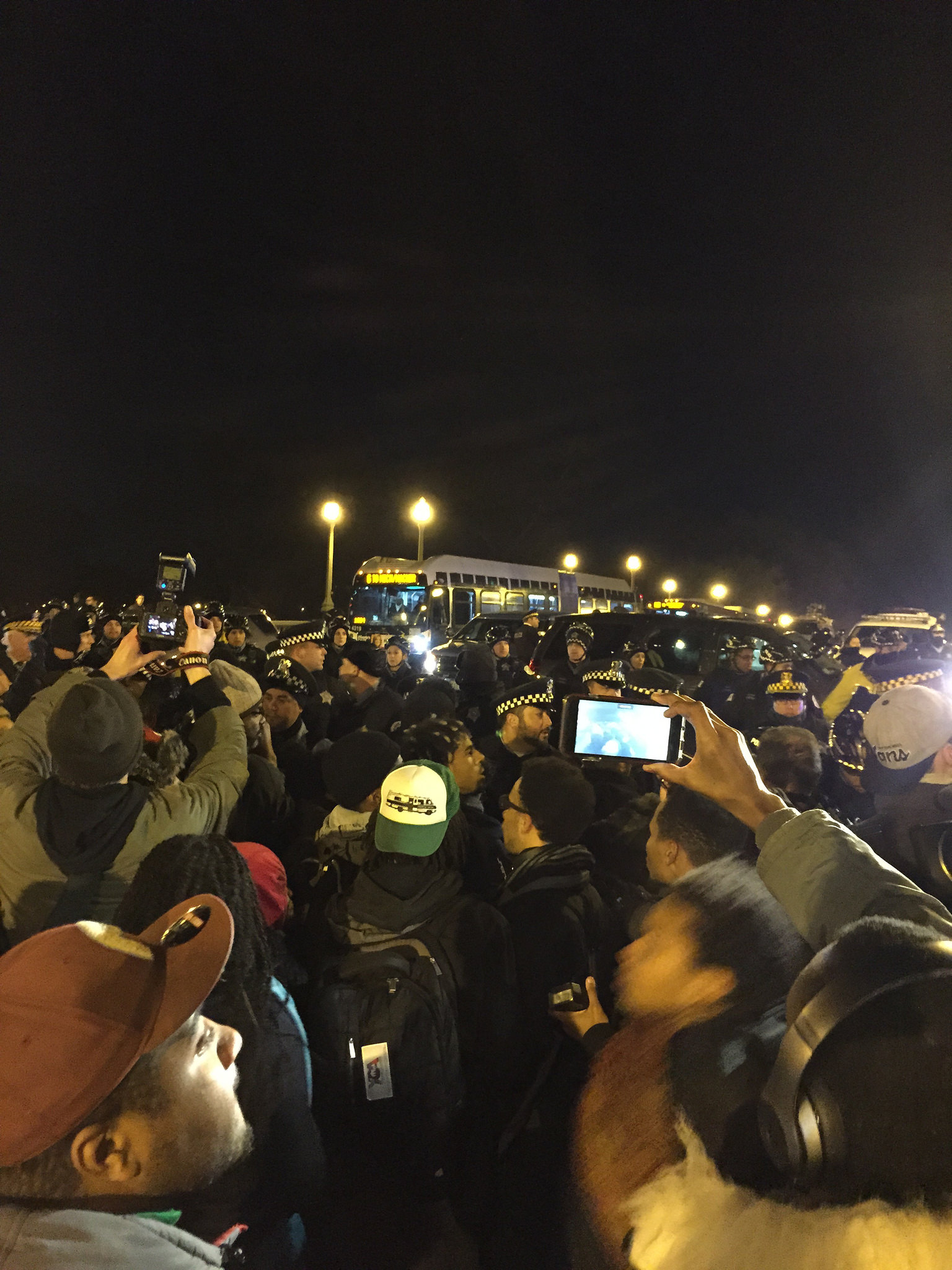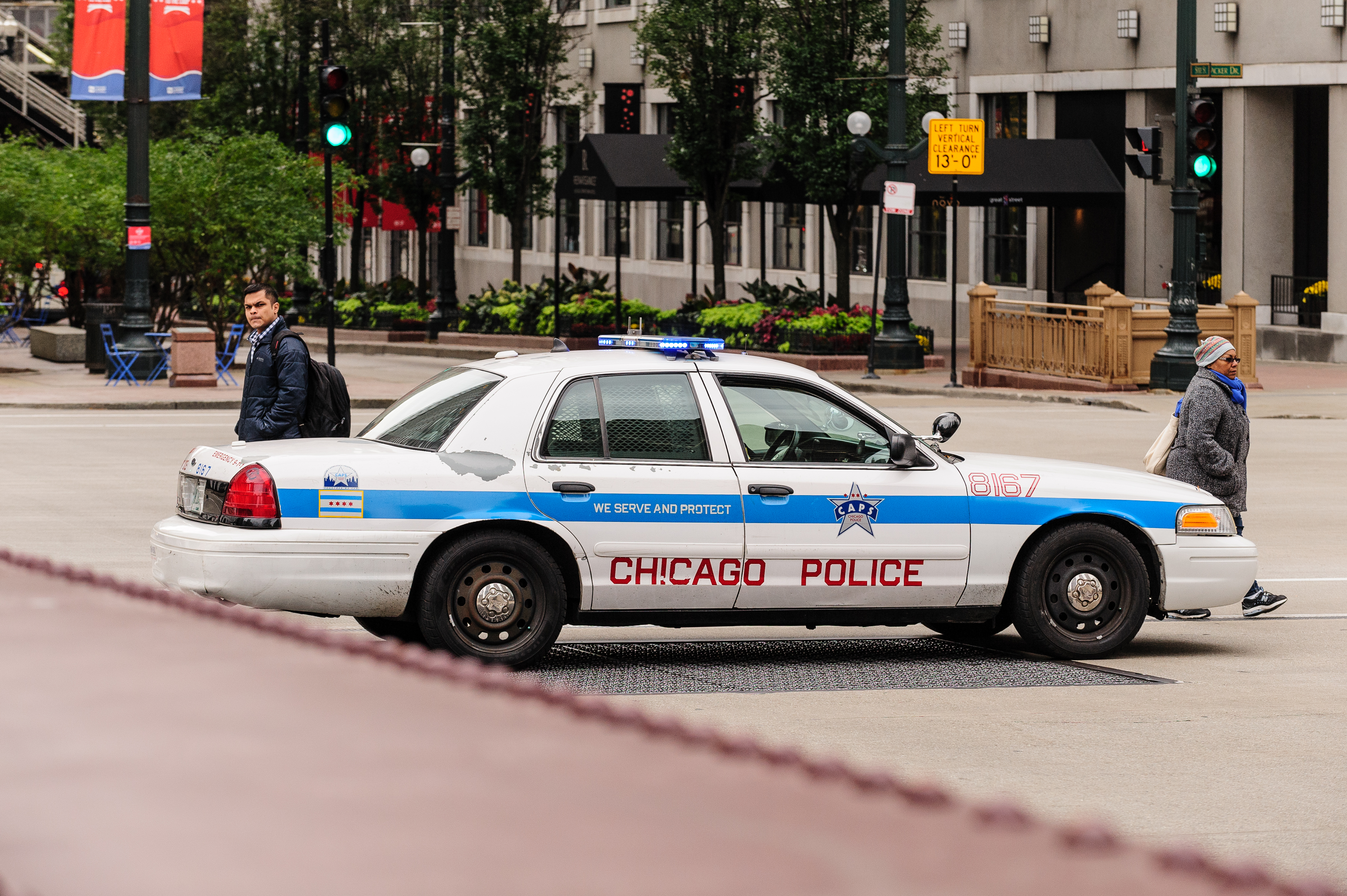With the nation’s eye focused on Chicago’s need for police reform, the Civilian Office of Police Accountability — better known as COPA — was launched in September with the hope to restore public confidence in regards to police accountability.
COPA is meant to serve as the civilian oversight agency of the Chicago Police Department. In other words, COPA’s job is to police the police.
So far things are off to a rocky start. After budget meetings in October, the young agency finds itself both understaffed and under-budgeted.
According to COPA’s Chief Investigator, Joshua Hunt, there are still 18 vacant investigator positions, a General Counsel position, and a First Deputy position that still need to be staffed.
The most notable vacancy though, is the position of Chief Administrator.
After less than a month on the job, former Chief Administrator Sharon Fairley left COPA with a serious vacancy after announcing her candidacy for State Attorney General. Fairley was the brains behind COPA after being brought in to fix the glaring issues with COPA’s predecessor IPRA — or the Independent Police Review Authority.
IPRA investigations lacked timeliness and cases could drag on for years unresolved. The department was understaffed. At one point, IPRA found that only two out of more than 400 police shootings violated department policy. After taking a hard look at IPRA, Fairley decided that the agency was beyond repair. Thus, COPA was born.
In a controversial decision, Mayor Rahm Emanuel has gone against the recommendation of his own police accountability task force and decided to make the Chief Administrator selection himself. In the meantime, Emanuel has named retired Cook County Judge Patricia Banks as interim-Chief Administrator.
The task force, created by Emanuel in December 2015, recommended a civilian board select COPA’s chief administrator. Instead, Emanuel has created a search committee to provide him with recommendations — but ultimately he will have final say.
Even more troubling is COPA’s 2018 budget. When excluding fringe benefits, the new budget falls $1.7 million short of meeting the promised 1 percent of the police department budget.
A key element of COPA’s potential success lies in the fixed budget, which was created so that COPA could retain its independence without fear of budget cuts. The new budget will last the entirety of 2018, until a 2019 budget is determined next October.
According to COPA’s Public Information Officer, Mia Sissac, COPA is supposed to have a fixed budget. Sissac acknowledged the importance of the fixed budget in a September Interview, saying, “No matter what, we will always be 1 percent of CPD’s budget. So if their budget grows, our budget grows too.”
When asked if she thought the 2018 budget accurately reflected 1 percent of the Chicago Police Department Budget, Sissac had no comment.
While she is no longer an employee of COPA, Fairley acknowledged the budget deficit in a November phone interview, saying “the agency is under-resourced based on the current budget.” Fairley worries that a case backlog will continue to burden COPA if they do not have adequate funding.
“[COPA] isn’t going to be able to keep up with the current cases if they don’t have the funding and resources to handle the backlog,” she said. At its launch, there were 940 cases from IPRA that became COPA’s responsibility. According to Sissac, COPA has made a dent in that number, but there is still a significant backlog.
Dr. Robert Stokes, Director of the School of Public Service at DePaul University, agreed with Fairley. “They are backed up coming out of the gate,” Stokes said.
When asked about the Chief Administrator vacancy, Fairley acknowledged that it is a “very important position” and that she hopes the search committee doesn’t “drag the process on.”
Although COPA is off the ground and fully functioning, one of their challenges will be informing the public how the complaint process works. With the agency only months old, there are many residents that still don’t fully understand how to lodge a formal complaint against an officer.
As of Sept. 15, COPA is now taking complaints or compliments of Chicago’s police officers 24/7. The hotline number is (312) 743-COPA, and if a caller makes a complaint after hours, their call will be returned that next morning.
COPA wants to remind Chicagoans that even if an individual cannot remember the name of the police officer, they can still file a complaint. Even with very limited information, COPA investigators shouldn’t have much of a problem identifying the officer involved.
At last month’s Chicago Police Board meeting, local residents Rafael and Elizabeth Vargos complained that their daughter’s murder was not receiving enough attention from detectives. The case has never been solved. “We can’t let our daughter’s dreams be taken away,” said Vargos. “We wanted justice.”
These type of complaints have become commonplace at police board meetings – however, there is little the police board can do to help. The police board’s role is to remain impartial and hand down decisions in cases of serious police misconduct. Although they decide the outcome of a case, they cannot file charges against an officer.
President of the board, Lori Lightfoot, continued to remind frustrated residents that the Chicago Police Board is not the place to lodge a formal complaint. “All complaints regarding police misconduct must be referred to COPA,” she said at September’s police board meeting.
While the efficiency of using police board meetings as a platform to air grievances can be debated, with COPA there is now a clear and simple platform for lodging complaints. Part of the public’s mistrust and confusion lies in the fact that Chicago’s police reform agencies have a troubled history.
From 1974 until 2007, the Office of Professional Standards (OPS) was responsible for policing Chicago’s police. The agency had almost no checks and balances. Although it was touted as an independent agency, investigators reported to the police superintendent — hardly an accountability system.
In 2007, under pressure from various outlets, Mayor Richard M. Daley abolished OPS and created IPRA, or the Independent Police Review Authority. The only problem with IPRA was that there was almost zero employee turnover from OPS. Sissac acknowledged that, “Employees were basically told to come back Monday and change their answering machines from OPS to IPRA,” Sissac said. It was essentially the same organization with a fancy new name.
Sissac recognizes that creating a new police oversight committee from scratch is no easy task. “We still have the dark cloud of IPRA over us, so we do have an uphill battle,” she said.
For a long time, Chicagoans’ complaints fell upon deaf ears, with cases left unresolved even years after the initial complaint was filed. Then came the Laquan McDonald shooting of 2015, and Chicago policing was rocked to its very core.

“Chicago Protest – November 24, 2015 – Michigan Ave. :: In response to recent video footage showing 17-year old Laquan McDonald being shot and killed by a Chicago, IL police officer” by Monique Wingard is licensed CC BY 2.0.
Under enormous pressure from the federal government, the Department of Justice launched a full scale investigation into the Chicago Police Department. Under advisory from IPRA’s former Chief Administrator Fairley, Emanuel and the Chicago City Council voted to establish COPA in 2016.
Since then, Sissac had nothing but praise for COPA, adding, “we are confident in the work we do, and we just want people to give us a chance and let us prove ourselves.” She has been leading campaigns to get the word out about COPA, posting signs around the city at popular bus and train stations.
Max Caproni, the Executive Director of the Chicago Police Board, said in a September interview that so far COPA has had “a very good working relationship” with the board. He went on to say that COPA was well-positioned to function as a new agency.
Although it may be positioned for success,whether or not the agency can work will ultimately depend on the relationship COPA establishes with Chicago’s weary residents. With a backlog of cases, budget discrepancies and significant staff vacancies, COPA faces an arduous road ahead.
Header image: “Real CPD Blocking” by niXerKG is licensed CC BY-NC 2.0




NO COMMENT